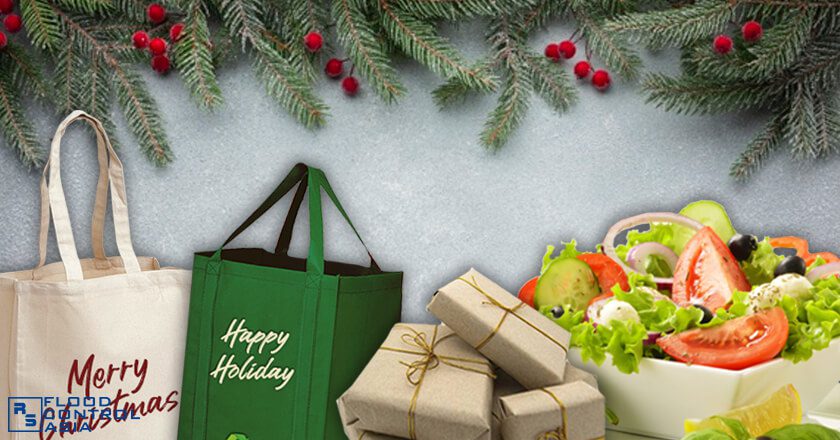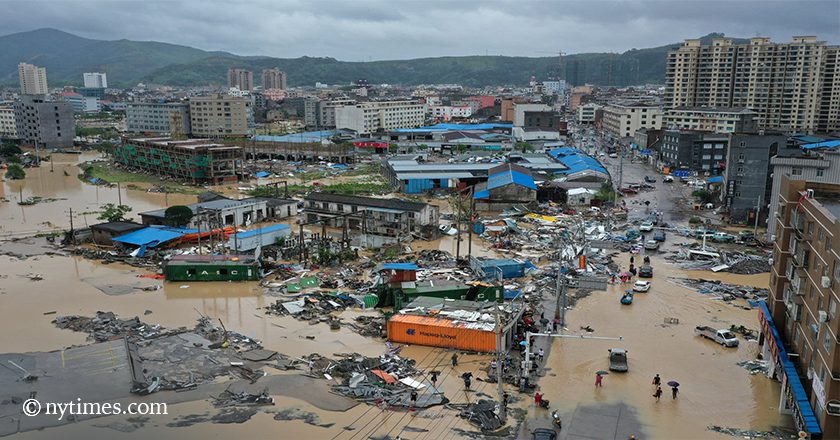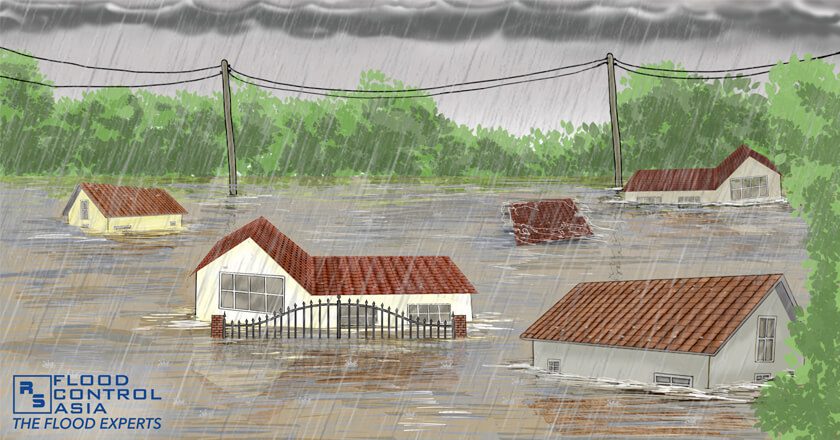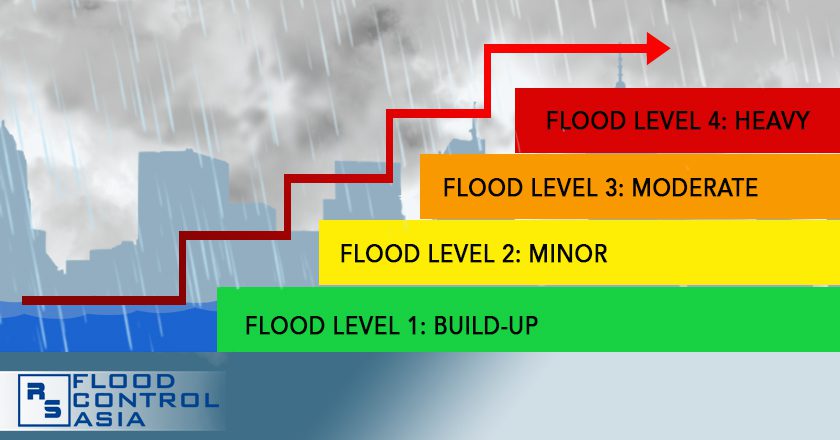5 Tips for an Eco-Friendly Holiday Feast
December 6, 2019 | Created by: Andreas Klippe | Comments
The holiday season is here and that means gifts, family reunions, and of course, family feasts. It is very common across cultures to celebrate big occasions with lots of food and drink. A big issue we need to contend with is the waste left after these big celebrations. It’s not just at home either, such celebrations are also held in offices, schools, and perhaps a club you belong to. Between leftovers and gift-wraps, here are 5 tips for an eco-friendlier holiday feast that you can also use for future meals as well!

Plan a menu
Think about all the times you couldn’t decide what to have for dinner, now think about not having to do that again. What a relief, right? Making a menu is one of the best things you can do for yourself and your home kitchen. It streamlines your grocery list, helps you stick to your diet, helps budgeting, and most of all reduces stress in the kitchen. Making a menu is like making a decision for yourself in advance. So get a pen & paper, your excel sheet, or just a checklist and start writing up your meals.
Appropriate serving sizes
The various dishes you’ll serve might be planned out but how much is just as important. Holiday celebrations are notorious for copious amounts of food because they are meant to be shared. One person eating more than a normal amount cause or aggravate health problems like high blood pressure, high cholesterol, diabetes, and obesity. This affects young and old alike.
Serving and eating proper servings are the best way to combat this. Develop a healthier eating habit of balanced meat and vegetables too and you might not need to worry about your summer figure as much. Preparing proper servings also means you don’t need to prepare too much food. It also lessens food waste like leftovers that don’t get reheated and eaten. Remember to collect all compostable items and recyclables afterwards as well.

Buy local produce
Farm-to-table restaurants have been advocating local produce for a long time. They do this to guarantee fresher, better quality food. There is absolutely no reason why you couldn’t do this at home.
How is it eco-friendly? Local products need less packaging, less fuel needed to transport, and is treated with less chemicals because it doesn’t need to be shipped over long distances. It also eliminates the demand for local farmers to introduce foreign flora and fauna which can destabilize endemic life. Invasive species have a long history of taking over local wildlife, so that’s one less thing to worry about. Buying local produce also helps your local community and economy.
Less meat, more vegetables
The meat industry accounts for 13% to 18% of total greenhouse gas emissions. Industrialized agriculture was revealed to have many problems in its carbon emissions, animal treatment, and health standards. But don’t worry. You and your family don’t have to give up meat. Eating less meat means less demand for it. Evidently, greenhouse gases from animals don’t just come from belching cows but also from the fossil fuels used in growing, feeding, and transporting them.
Add more vegetables to your diet. The popularity of vegetarianism and veganism led to more ways of cooking and preparing vegetables. In the long run, less meat is the healthier option too.
Use less plastic when shopping
Excessive packaging is one of the most wasteful uses of plastic in the world right now. They are usually redundant, unnecessary, and definitely most of it ends up in landfills.
It may not seem a lot to you right now, but multiply it by the millions of people who would produce the same amount of trash and it definitely adds up. That’s why reducing consumption is the number one priority. Choose products which would yield less packaging waste. Most supermarkets and groceries now will let you use your own containers when shopping. Don’t forget to bring your eco-bags either!

The holidays are about togetherness, and that’s what this article is about. Small actions when done by multiple people together compounds, it adds up. Small collective action to help preserve the environment will have better effects than a few people doing drastic measures. Help spread the word and the tiny things we can do together. Helping truncate climate change is also about making sure the future of your family is secure.
So, what do you have planned for the holidays? We’d like to hear your vegetable recipes on our Facebook page! We’ll be having more articles about eco-friendly things you can do around the holidays. To stay updated, sign up for the Flood Control Asia RS newsletter or give our social media pages a like on and Youtube.






